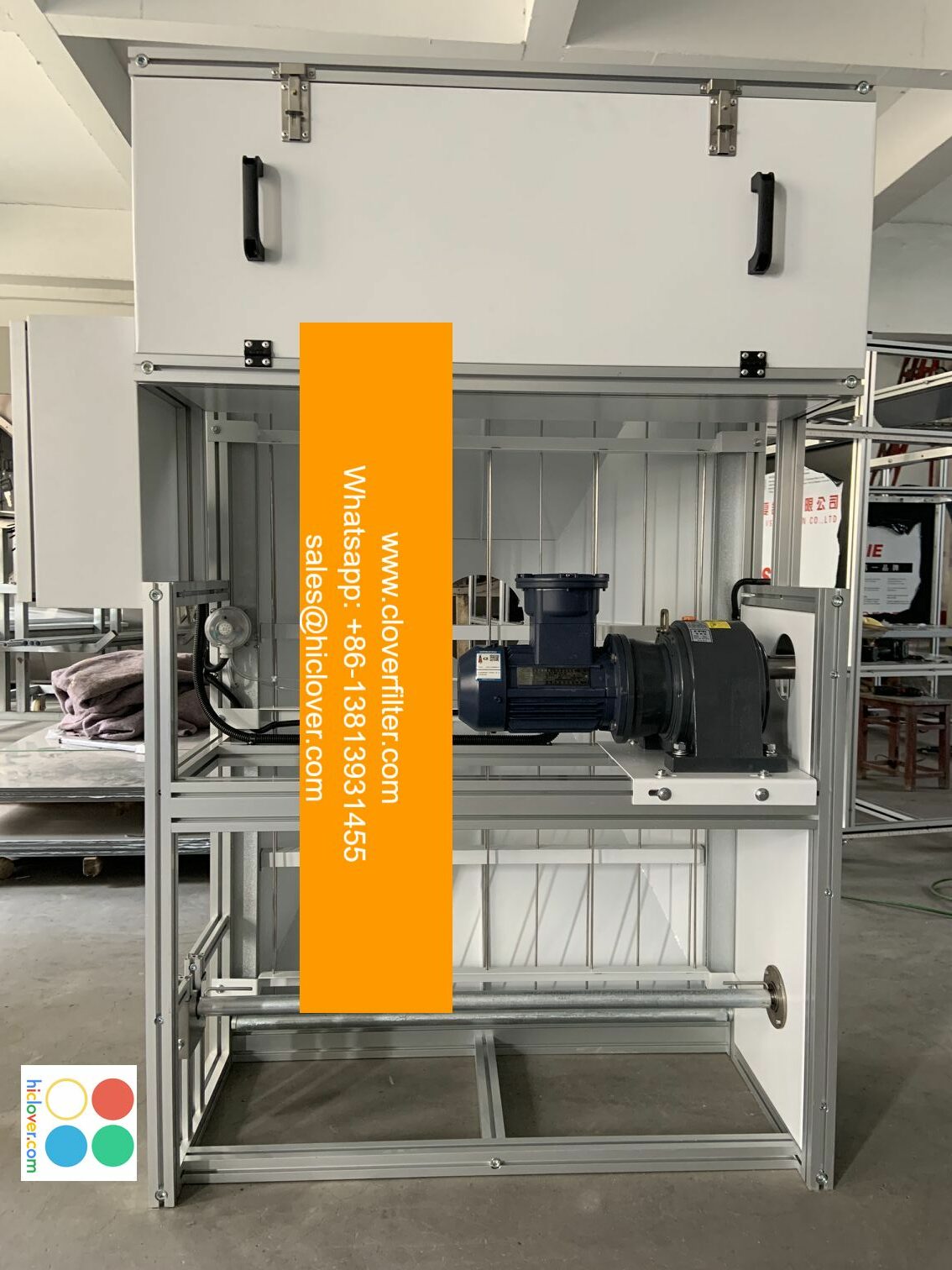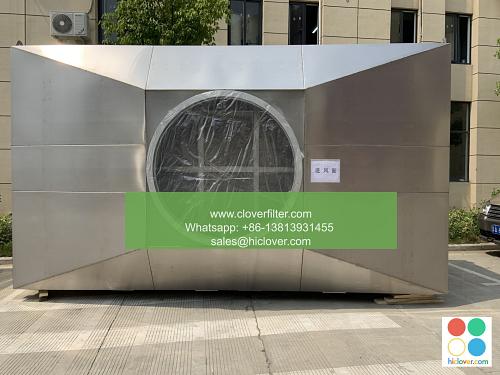HEPA Filtration Standards: Understanding the Role of Air Filter Organizations

The air we breathe plays a crucial role in our overall health and wellbeing. With the increasing awareness of indoor air quality, High Efficiency Particulate Air (HEPA) filtration has become a widely accepted standard for removing airborne particles and contaminants. In this article, we will delve into the world of HEPA filtration standards, exploring the role of air filter organizations and highlighting various application areas where indoor air quality and air purification systems are essential.
Introduction to HEPA Filtration
HEPA filters are designed to capture 99.97% of particles as small as 0.3 microns, including dust, pollen, mold, bacteria, and viruses. This high level of efficiency makes them an ideal solution for healthcare facilities, cleanrooms, and industrial settings where airborne contaminants can have serious consequences.
Role of Air Filter Organizations
Several organizations play a crucial role in establishing and enforcing HEPA filtration standards. These include:
* ASHRAE (American Society of Heating, Refrigerating, and Air-Conditioning Engineers): Develops guidelines and standards for indoor air quality and air filtration systems.
* ISO (International Organization for Standardization): Establishes global standards for HEPA filter testing and certification.
* UL (Underwriters Laboratories): Provides safety certifications for HEPA filters and air purification systems.
These organizations work together to ensure that HEPA filters meet strict standards for efficiency, performance, and safety, providing a high level of protection against airborne contaminants.
Application Areas for HEPA Filtration
HEPA filtration is widely used in various industries and settings, including:
* Healthcare facilities: Hospitals, clinics, and laboratories rely on HEPA filters to prevent the spread of infections and contagious diseases.
* Cleanrooms: HEPA filters are used to maintain ultra-clean environments in industries such as pharmaceuticals, biotechnology, and electronics.
* Industrial settings: HEPA filters are used to remove hazardous particles and chemicals from the air in industries such as manufacturing, mining, and construction.
* Commercial buildings: HEPA filters are used in office buildings, schools, and hotels to improve indoor air quality and reduce sick building syndrome.
Conclusion
In conclusion, HEPA filtration standards play a critical role in maintaining indoor air quality and preventing the spread of airborne contaminants. The role of air filter organizations, such as ASHRAE, ISO, and UL, is essential in establishing and enforcing these standards. By understanding the importance of HEPA filtration and its various application areas, businesses and individuals can take steps to improve the air they breathe and create a healthier, safer environment. Whether you’re looking to improve indoor air quality in your home or workplace, or seeking to comply with regulatory requirements in your industry, HEPA filtration is an essential component of any air purification system. You haven’t provided a question or topic for me to address. Please provide more context or information so I can assist you. What would you like to talk about or ask?

